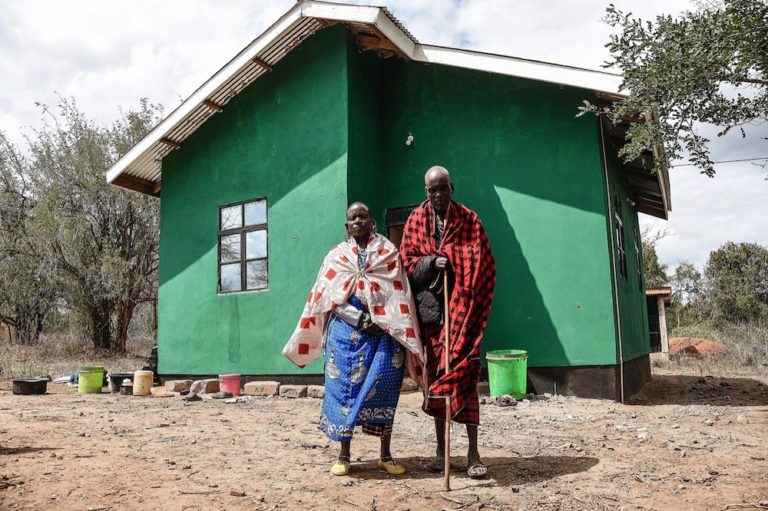(MISA/IFEX) – The Zanzibar government has threatened to take legal action against the editorial board of the banned weekly “Dira” if it attempts to publish the newspaper on the Internet. At a news conference on 3 December 2003, Zanzibar Information Services Director Enzi Talib said that to continue publishing “Dira” in any form would be […]
(MISA/IFEX) – The Zanzibar government has threatened to take legal action against the editorial board of the banned weekly “Dira” if it attempts to publish the newspaper on the Internet.
At a news conference on 3 December 2003, Zanzibar Information Services Director Enzi Talib said that to continue publishing “Dira” in any form would be contrary to the government’s order, which banned the newspaper throughout the United Republic of Tanzania.
“Once the ban is slapped on the paper, everything is banned, including online publishing. ‘Dira’ cannot publish online without registering with the Tanzania Communications Commission,” Talib told MISA-Tanzania in a telephone interview.
He said the newspaper was registered in Zanzibar and “the Isles form part of the Union.” The ban therefore also applies on the mainland.
Talib told MISA-Tanzania that the Constitutions of both the United Republic of Tanzania and the Revolutionary Government of Zanzibar do not allow for absolute freedom within freedom of expression. He claimed that an investigation has indicated that the newspaper was established to disrupt the “peaceful political climate” on the Isles ahead of the 2005 elections.
“The government has banned the paper because of security reasons. There is ample evidence to prove that,” Talib said.
The government alleges that “Dira” has distorted the history of the Zanzibar Revolution and “the Union”, as well as creating classes of “Islanders” and “Mainlanders”. The “Dira” editorial board, however, accuses the government of not being tolerant to views that criticise it.
The newspaper’s production manager, Salim Said Salim, told MISA-Tanzania that the “Dira” editorial board hopes to take the matter to court by 8 December.


